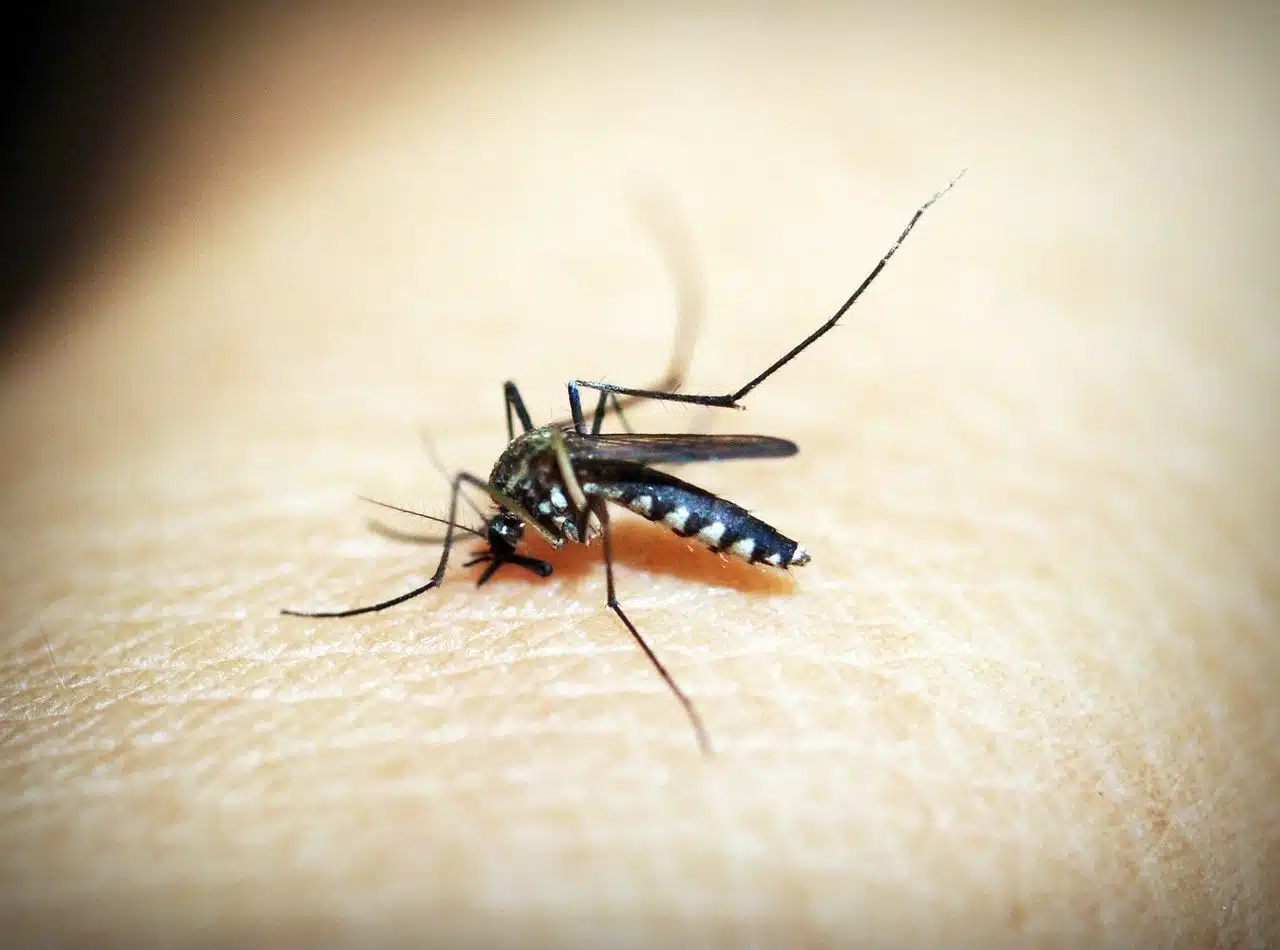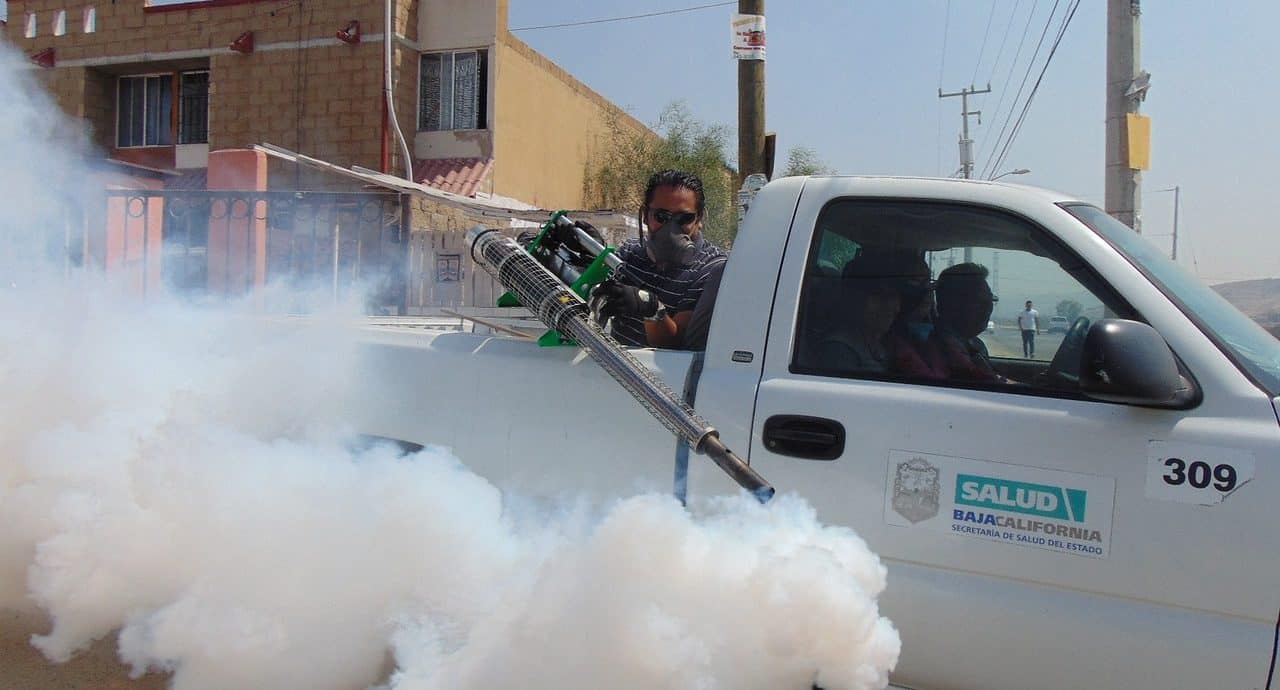
Dengue is a disease transmitted by Aedes aegypti or Aedes albopictus mosquitoes.
Dengue is the name of a contagious and epidemic- type disease that is caused by a virus transmitted by Aedes aegypti or Aedes albopictus mosquitoes, which live in accumulations of water. Symptoms of dengue include fever, pain in the extremities and rashes.
These mosquitoes usually appear in regions with a tropical climate , but their presence has spread to much of the world where climatic conditions are warm. Since Aedes aegypti lays its eggs in water , it is vital to eliminate accumulations of stagnant water in buckets, jars or other objects to prevent dengue from spreading.
The female Aedes aegypti are the ones that bite and can transmit the dengue virus. They generally do not move more than one hundred meters from where they have laid their eggs, which means that those who live surrounded by stagnant water have a greater chance of contracting the virus .
Dengue incubation
The incubation period for dengue usually lasts between five and eight days. The outbreak of the viral condition is characterized by headache, pain in muscles and joints, swelling of the lymph nodes, elevated body temperature and skin rashes. Less common symptoms include nausea, vomiting, stomach upset, and nosebleeds.
It should be noted that the most serious variety of dengue can lead to death due to the damage it causes to organs and severe bleeding.
As there is no certified vaccine against the disease, the best way to prevent dengue is by fighting the mosquito. Preventing stagnant water from accumulating, placing mosquito nets on the windows and using repellents are some of the measures to take.

Fumigation helps eliminate adult specimens of dengue-transmitting mosquitoes.
Prevention campaigns
Every year, in countries where dengue cases generally occur, hundreds of volunteers set out to educate the population about the different methods of preventing dengue, as well as to collaborate with those who suffer from it. There are both State agencies and international organizations and civilian groups that combine their efforts to combat this disease, which claims many lives.
These campaigns are not only carried out in summer, but also in winter; The idea is to offer a deep knowledge of the actions that attract mosquitoes, to promote a lifestyle change that prevents the spread of dengue. It is worth mentioning that this represents a great mobilization, both on the part of the government and the people, since prior training of the volunteers is necessary, who must be prepared to transmit the information, but also to clear up doubts and know how to guide and advise the people. participants.
Some of the methods commonly used for education against dengue include the dissemination of advice through posters and explanatory brochures delivered on public roads, as well as talks in schools and community kitchens. An attempt is made to focus efforts on those sectors of the population that are most in need, since they are the most likely to lack drinking water and tend to live in poorly built or deteriorating houses, which makes it impossible to maintain the necessary level of asepsis. for health.
One of the most useful tips is to make sure not to leave containers capable of accumulating water in open spaces, such as patios and gardens, as they represent a potential breeding ground for Aedes aegypti and albopictus; These can be disused flower pots, cans or even tires. Another very important point is to get rid of waste as soon as possible, although in some cases, when collectors strike, there is little citizens can do. The frequency of these campaigns is usually lower in times of low temperatures , since the danger of contagion is lower.
